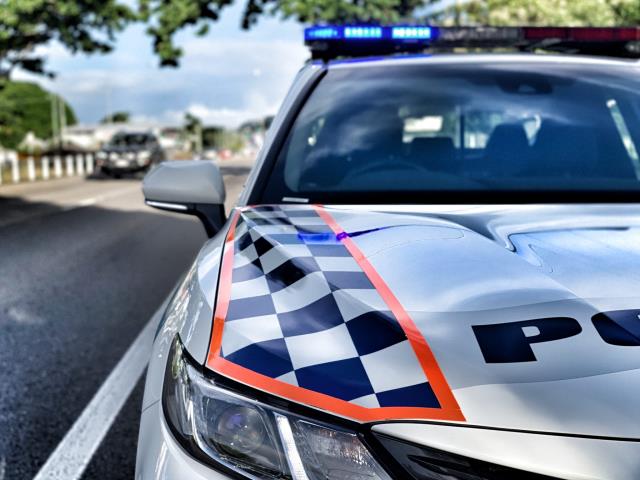The Queensland Police roadside drug testing program has been expanded with cocaine added to the list of narcotics that can be detected.
Random roadside screening has been used in Queensland for more than 15 years, with police conducting approximately 50,000 random tests every year.
Shockingly, one in four motorists tested will return a positive result for illicit drugs.
Previous testing kits have been able to detect the presence of methylamphetamine, MDMA (ecstasy) and THC (the active ingredient in cannabis) from a sample of saliva.
The addition of cocaine to the program is in response to the increasing number of drivers caught with cocaine in their system over the last five years and is part of sweeping drug driving reforms committed to in the Queensland Road Safety Action Plan.
The state has a zero-tolerance approach to drug driving and there are tough penalties for offenders.
Drivers who test positive for cocaine, cannabis, speed, ice, or ecstasy will have their licence disqualified, face fines of up to $2,167, and repeater offenders could receive jail time.
Transport and Main Roads Minister Mark Bailey said, “It is shocking to think that a quarter of all random drug tests in our state return a positive result, this is unacceptable.”
“Drug driving is one of the major contributing factors to fatal crashes and after the number of lives lost on our roads last year, this change to the roadside testing is very timely.
Queensland Police Service Acting Assistant Commissioner Chris Stream said, “Drivers under the influence of drugs or alcohol exhibit impaired judgement, memory, coordination and reaction time.”
“In 2022, 61 people died as a result of crashes that involved a drug driver or rider, representing approximately 20.5 per cent of the lives lost on Queensland roads. This also represents a 30 per cent increase compared to the previous five-year average.
“Police continue to invest significant resources into investigating syndicates and individuals involved in the distribution of cocaine and other illicit drugs in our community.”








